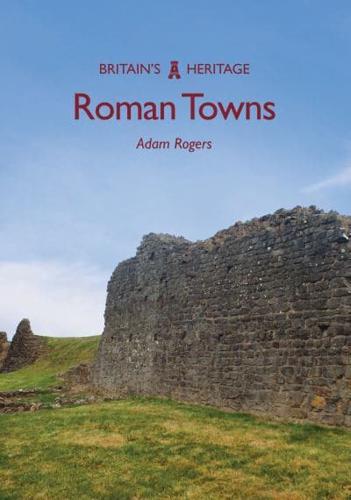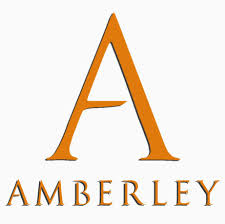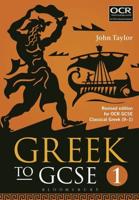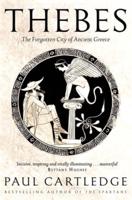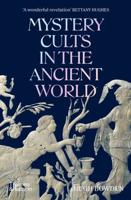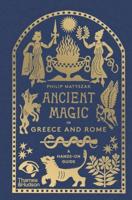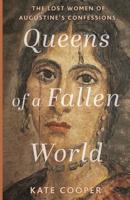Publisher's Synopsis
Britain has a rich urban history with many of its towns and cities overlying Roman period archaeology and incorporating Roman remains. In further cases, Roman towns now lie beneath fields and agricultural land because settlement did not continue, or took a different form, in later periods. These Roman towns have been a source of study since the days of antiquarians while through modern archaeology exploration our knowledge and understanding of these settlements and their origins continues to evolve. As part of the Roman Empire, a range of new urban settlements developed across Britain. These had some similarities with cities across the empire but also provincial and individual differences. They also developed within pre-existing landscapes that were already rich in settlement, with local circumstances and identities playing an important part in the nature of each Roman town. This book explores the nature of the archaeology of these towns and what it tells us about the development and function of these settlements, how they shaped lives and what we know about their inhabitants. Making use of the latest archaeological material and theories, the book reveals Britain's Roman towns, and how their characteristics were formed by both Britain's position within the Roman Empire and their local settings.
